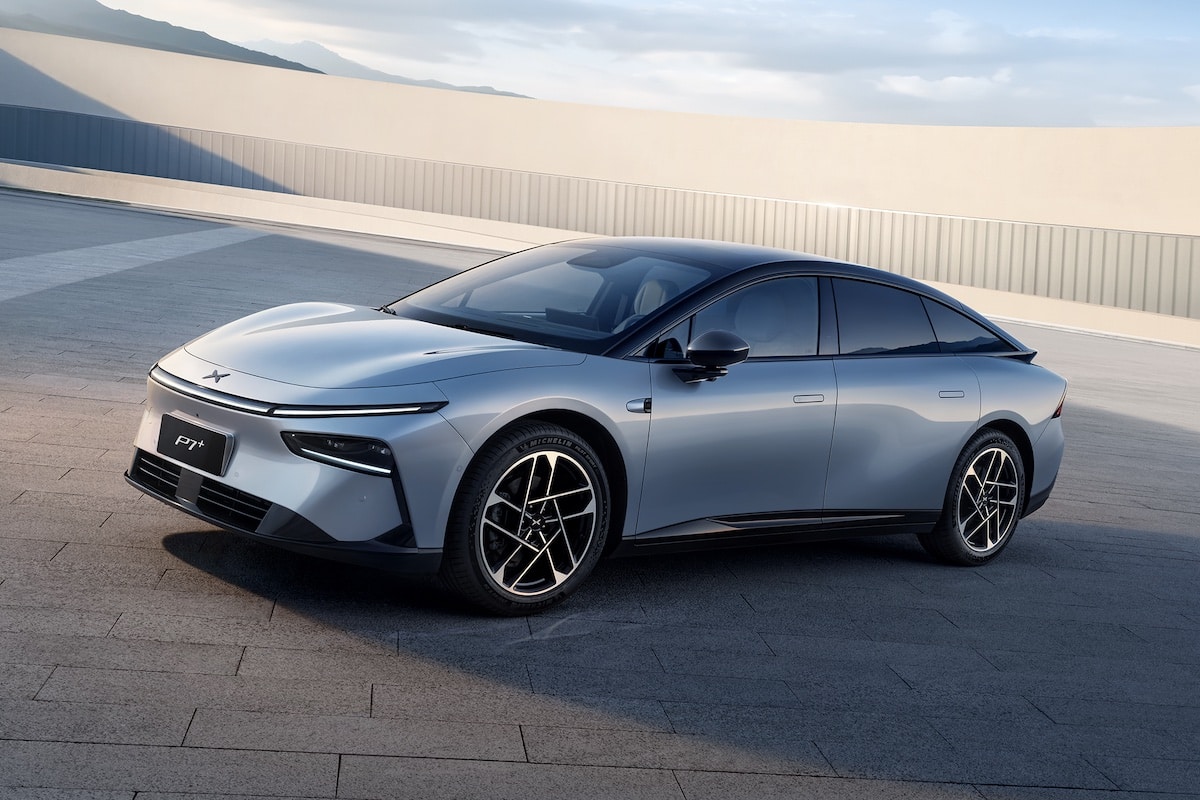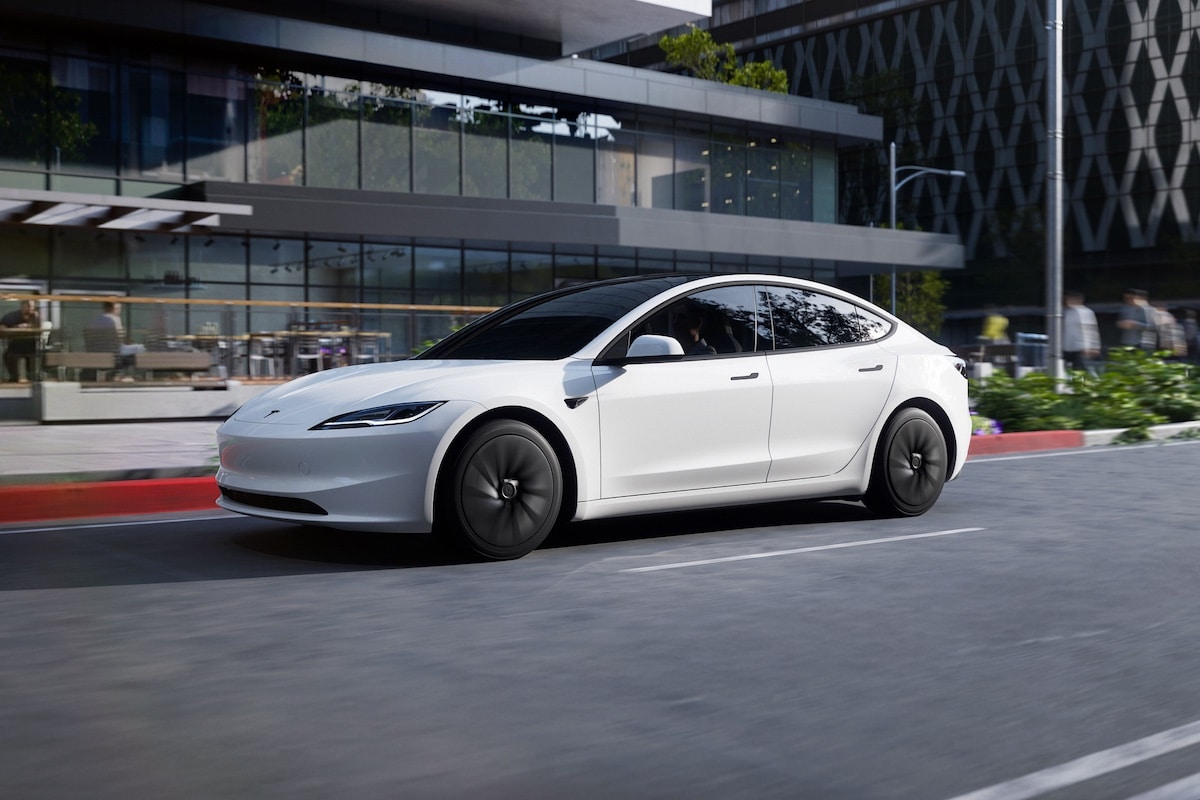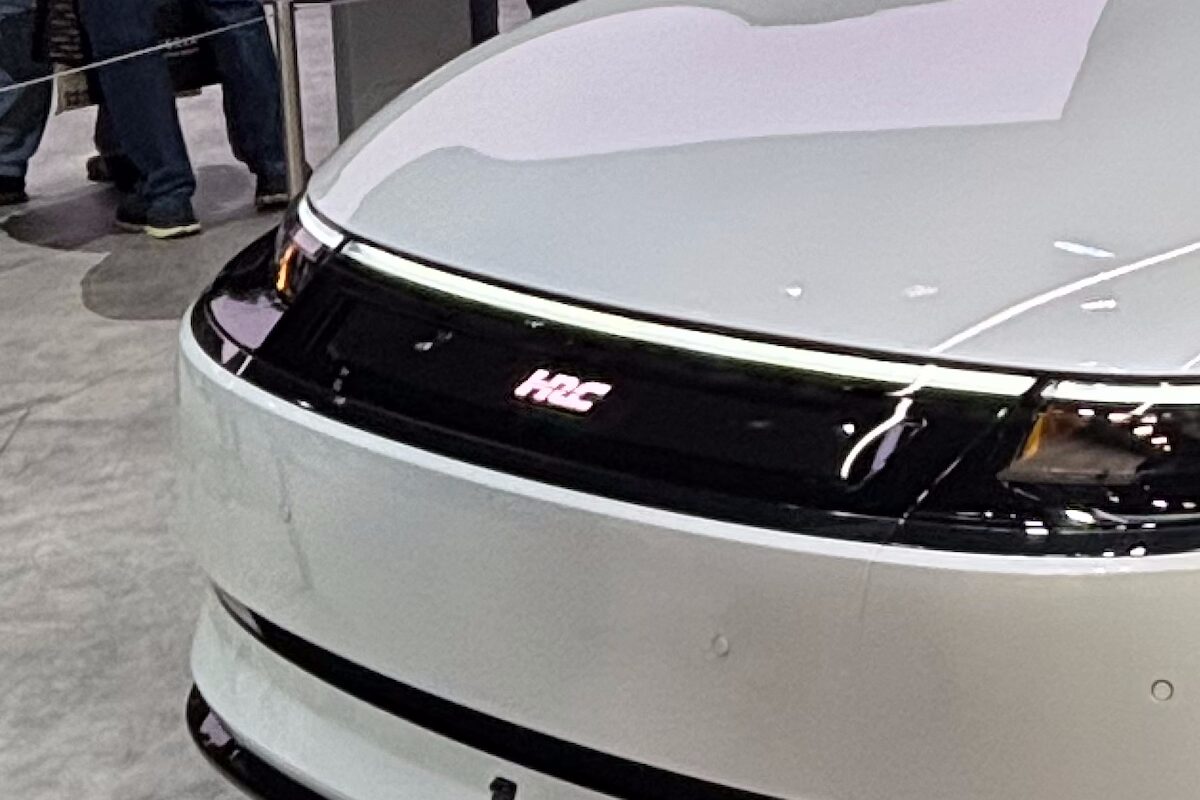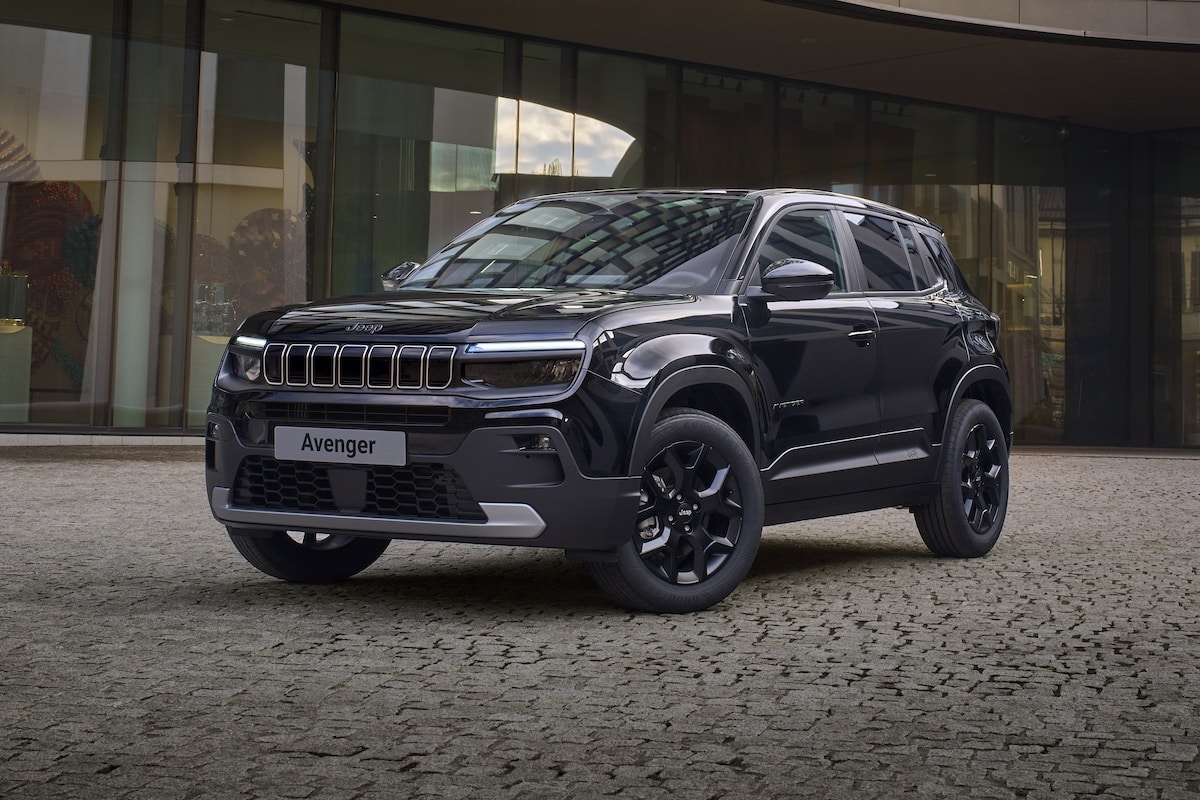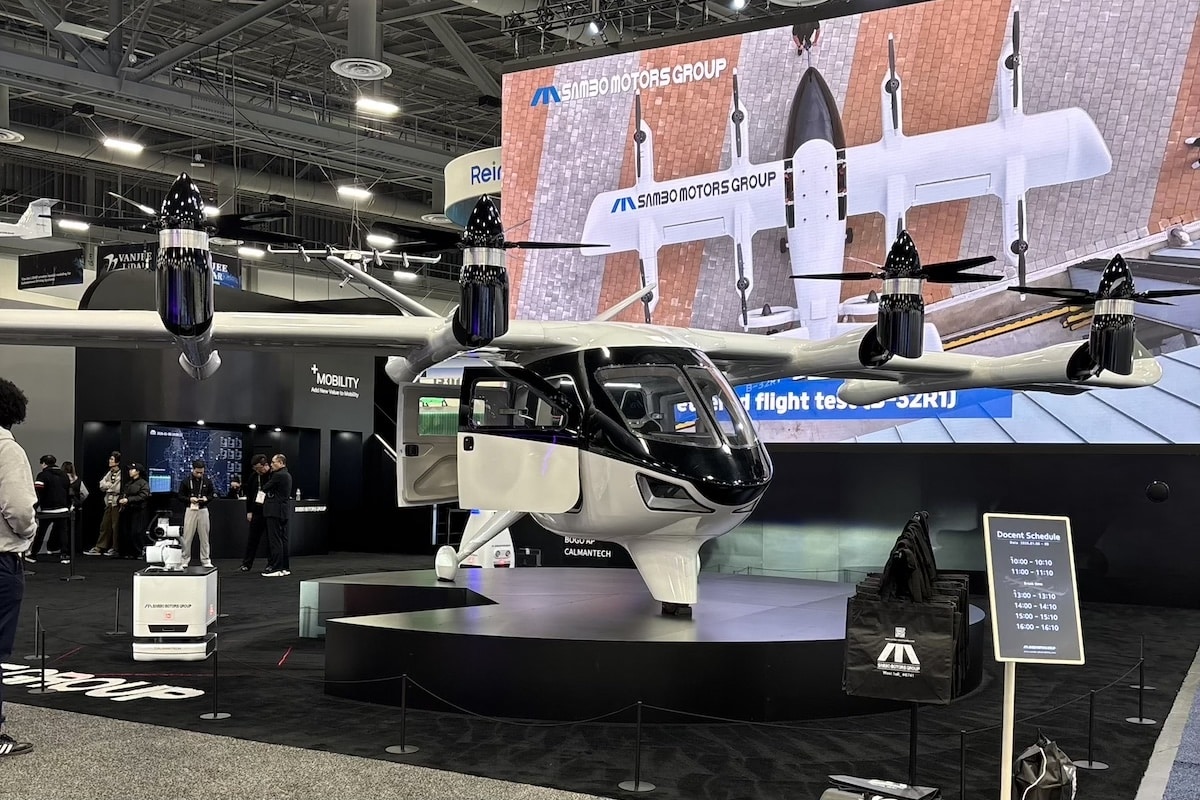Mitsubishi proves that an electric car is worth just as much as an iPhone
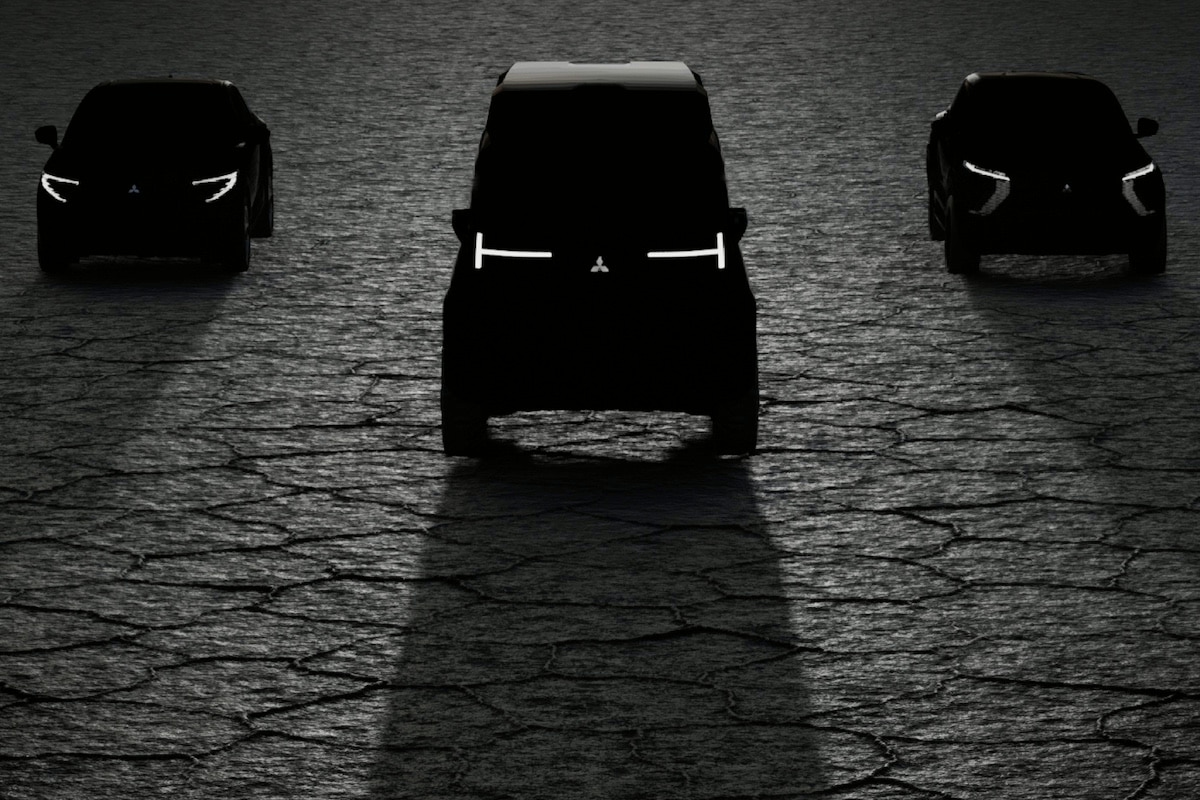
Foxconn, Mitsubishi and Nissan are performing a strange courtship dance that could change the face of the automotive industry.
Imagine a smartphone manufacturer designing a car for a Japanese brand, using the base of a platform it has developed for another manufacturer. If that doesn’t symbolize the sweet madness of the current automotive industry, we don’t know what does! Welcome to the fascinating world of Foxconn, Mitsubishi, Nissan and their joint electrification project.
Foxconn, known worldwide for assembling iPhones, has just signed a memorandum of understanding with Mitsubishi Motors. The goal? To develop an electric car model for the Japanese firm, with production expected in Thailand. The arrival of the model in global markets is scheduled for the second half of 2026. But don’t get too excited just yet: for now, it’s just a “intent to collaborate,” not a firm contract.
Behind this project, it is Foxconn’s electric division, Foxtron, that will be in charge of development. The production will be handled by its partner Yulon in Thailand. But, in truth, we are still swimming in mystery: neither the size, shape, nor the technical specifications of this potential electric vehicle have been revealed. All we know is that it will be based on the MIH platform, home to Foxtron, and should share the technical foundation of the new Nissan Leaf.
Nissan in Foxconn’s sights
This announcement is hardly a surprise: as early as March, rumors were circulating about discussions between Mitsubishi and Foxconn. But where it gets juicy is that Foxconn could go even further by eyeing the Nissan shares that Renault plans to sell. After all, why stop at one manufacturer?
This Mitsubishi-Foxconn partnership also illustrates another phenomenon: the slow erosion of the Renault-Nissan-Mitsubishi alliance. Mitsubishi, the smallest of the three, struggles to innovate on its own and often recycles models from its partners, as in Europe where the Renault Captur plug-in hybrid is rebranded under its badge. This is also why Renault plans to produce an electric SUV for Mitsubishi.
Moral of the story? The future of electric vehicles looks like a gigantic melting pot, where smartphones, cars, and unlikely alliances intersect to create an industry more unpredictable than ever.
ALSO READ: Critical situation for Nissan with abyssal losses
This page is translated from the original post "Mitsubishi prouve qu’une voiture électrique vaut bien un iPhone" in French.
We also suggestthese articles:
Also read
